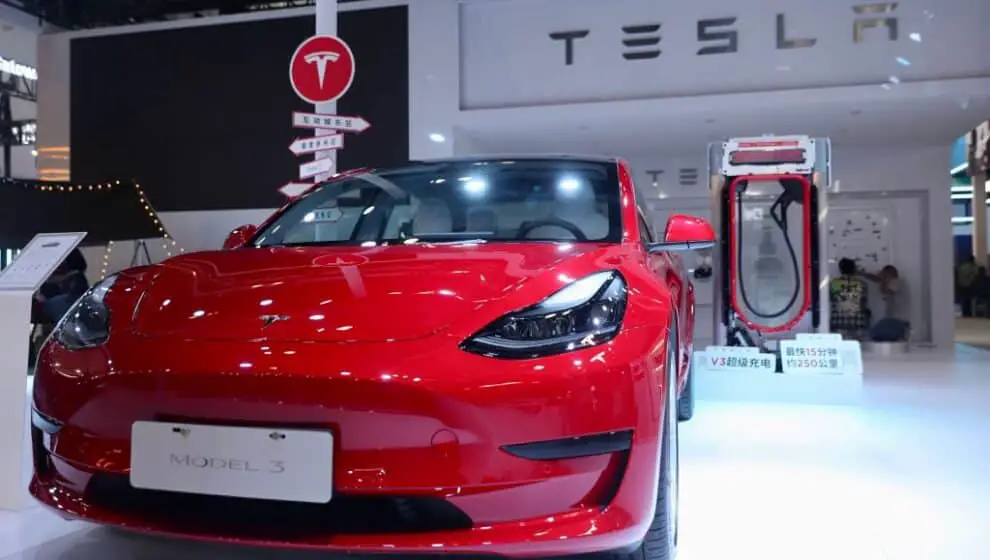Europe and the United States may be facing a trade dispute over EV production.
Key details
Some European politicians are unhappy with the United State’s new tax credits for domestically produced electric vehicles (EVs).
The Inflation Reduction Act set up tax credits for EVs as part of a climate, healthcare, and tax revenue package last month.
The law provides a $7,500 tax credit on an EV that has been assembled in North America. It also incentivizes American job creation in the green energy sector in an effort to lower dependence on Chinese automotive materials.
European politicians claim that the policy amounts to a protectionist trade war against Europe.
“The European Commission slammed the U.S. measure as a new and significant transatlantic trade barrier by the U.S. A European Commission spokesperson said the EU will consider all options, including bringing a case against the U.S. to the World Trade Organization,” says Politico.
Why it’s important
American and European politicians and economists are afraid that the policies could also spark a trade war or tariff war that would undermine both sides’ shared goals of attempting to make progress on green energy and climate change.
“The EU warned such tax credits shouldn’t distinguish between foreign and domestic car manufacturers. The European Commission called the bill ‘discriminatory,’ in violation of WTO rules and said they risked undermining shared EU-U.S. climate ambitions,” says Politico.
An American spokesman for the Office of Trade reinforced the importance of breaking dependence on China for sensitive materials while still working with Europe, saying “we look forward to working with allies and partners to advance our climate goals, strengthen and diversify our supply chains, and address our shared concerns with China’s non-market policies and practices,” said Adam Hodge.
Backing up a bit
President Donald Trump led several aggressive trade wars during his administration. Despite his desire to move away from his predecessor’s policies, President Joe Biden has largely preserved and extended protectionist policies into the ongoing Green Revolution; partially to combat China but also as an effort to reinvigorate the American economy in the aftermath of the COVID pandemic.
“In early 2018, Trump said, ‘Trade wars are good and easy to win.’ He initiated three: a global tariff on steel, a tariff on European autos, and tariffs on Chinese imports. After Trump’s announcement, global stock markets tumbled in fear of a trade war among the world’s three largest economies,” says The Balance.
“Washington and Brussels in recent years called a truce in their festering feud over subsidies paid to airplane makers and on steel tariffs launched against one another… Brussels is frustrated the tax credit was not brought up in technical meetings in the context of that Trade and Technology Council,” said Politico.
“Biden has instead largely embraced the failed Trump policy of unilateralism and protectionism in trade. He and his administration have done so politely, without Trump’s bluster and bombast. Yet, the results have been mostly the same,” says The CATO Institute.

